Following is the screenshot of the issue:-
Not sure why is uiimageview getting added , and what is _UIBarBackGround ?

Any help is appreciated.
Complete Flow screenshot:-
Following is the screenshot of the issue:-
Not sure why is uiimageview getting added , and what is _UIBarBackGround ?

Any help is appreciated.
Complete Flow screenshot:-
I had the same problem, but with the UITabBar
Change the UIBarStyle to black
public enum UIBarStyle : Int {
case `default` = 0
case black = 1
@available(iOS, introduced: 2.0, deprecated: 13.0, message: "Use UIBarStyleBlack instead.")
public static var blackOpaque: UIBarStyle { get }
@available(iOS, introduced: 2.0, deprecated: 13.0, message: "Use UIBarStyleBlack and set the translucent property to YES instead.")
case blackTranslucent = 2
}
tabBar.barStyle = .black
I had a problem with that UIImageView while adding a new UINavigationController to a project of my co-workers.
Basically, that is a part of a predefined class so I don't consider deleting it to be a good idea. But I made it transparent. To do so I overrode the function viewDidLoad and added this code:
if #available(iOS 13.0, *) {
let navBarAppearance = UINavigationBarAppearance()
navBarAppearance.backgroundColor = UIColor.clear
navigationController?.navigationBar.standardAppearance = navBarAppearance
}
That made the background added in the superclass by my colleagues disappear. Some other elements in UINavigationController wasn't transparent so I overrode also the function viewWillAppear and added there:
let bar = self.navigationController?.navigationBar
bar?.isTranslucent = true
bar?.backgroundColor = .clear
bar?.standardAppearance.backgroundEffect = nil